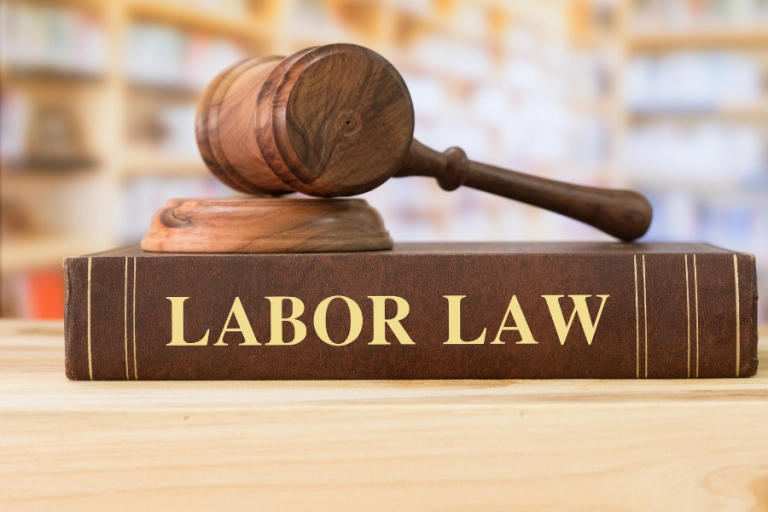Introduction
Prevailing compliance services play a crucial role in ensuring fair wages and work conditions for employees across various industries. In this comprehensive guide, we’ll delve into the importance and impact of prevailing compliance services, shedding light on their significance in upholding labor standards.
Understanding Prevailing Compliance
What is Prevailing Compliance?
Prevailing compliance refers to adherence to prevailing wage laws and regulations set forth by governmental bodies. These laws mandate that contractors and subcontractors working on public projects pay their employees wages that are not lower than the rates determined by the government.
The Purpose of Prevailing Compliance
The primary purpose of prevailing compliance is to ensure that workers receive fair compensation for their labor, particularly on projects funded by taxpayers’ money. By setting minimum wage standards for specific job classifications, prevailing compliance services aim to prevent unfair labor practices, maintain economic stability, and promote workforce development.
Key Components of Prevailing Compliance Services
Prevailing compliance services encompass various components, including:
- Wage Determination: Identifying and setting the prevailing wage rates for different job classifications within a specific geographic area.
- Contract Monitoring: Monitoring and enforcing compliance with prevailing wage laws on public projects to ensure contractors fulfill their obligations.
- Education and Outreach: Providing information and training to contractors, subcontractors, and workers regarding prevailing wage laws and compliance requirements.
Importance of Prevailing Compliance
Ensuring Fair Compensation
One of the foremost reasons for prevailing compliance is to guarantee that workers receive fair compensation for their labor. By establishing minimum wage rates based on industry standards and regional cost of living, prevailing compliance services prevent underpayment and exploitation of workers.
Promoting Economic Stability
Prevailing compliance also plays a vital role in promoting economic stability within communities. By setting wage standards that reflect the prevailing rates in the local labor market, these services contribute to reducing income inequality and stimulating consumer spending, thereby bolstering the overall economy.
Protecting Workers’ Rights
Compliance with prevailing wage laws helps protect the rights of workers, ensuring they receive adequate compensation, benefits, and working conditions. By holding employers accountable for adhering to labor standards, prevailing compliance services empower workers and reduce the likelihood of wage theft and workplace violations.
Impact of Prevailing Compliance Services
Enhanced Quality of Work
When workers are fairly compensated and provided with suitable working conditions, they are more likely to perform their jobs effectively and efficiently. Prevailing compliance services contribute to maintaining a skilled and motivated workforce, ultimately leading to improved productivity and quality of work on public projects.
Fostering Competitive Bidding
By establishing a level playing field where contractors compete based on the quality of their work rather than undercutting labor costs, prevailing compliance services foster fair and competitive bidding processes. This not only benefits workers by ensuring they receive fair wages but also promotes transparency and integrity in public contracting.
Supporting Local Economies
Compliance with prevailing wage laws ensures that a significant portion of public funds invested in construction and infrastructure projects circulates within local economies. By paying workers fair wages, contractors contribute to the prosperity of communities, stimulating economic growth and creating multiplier effects that benefit businesses and residents alike.
Conclusion
In conclusion, prevailing compliance services are essential for upholding labor standards, promoting fair wages, and safeguarding the rights of workers. By ensuring compliance with prevailing wage laws, these services contribute to economic stability, workforce development, and the overall well-being of communities. Moving forward, continued efforts to educate stakeholders, enforce regulations, and promote transparency will be critical in maintaining the integrity and effectiveness of prevailing compliance initiatives.

